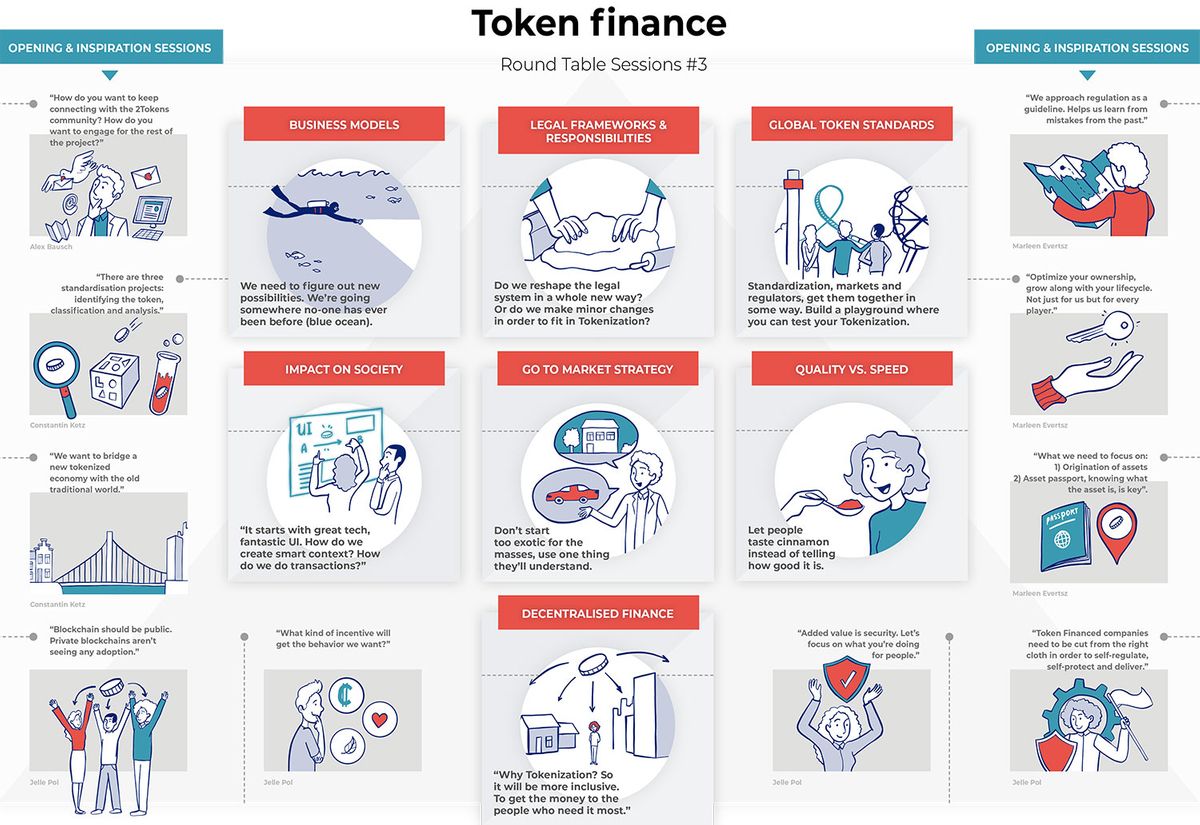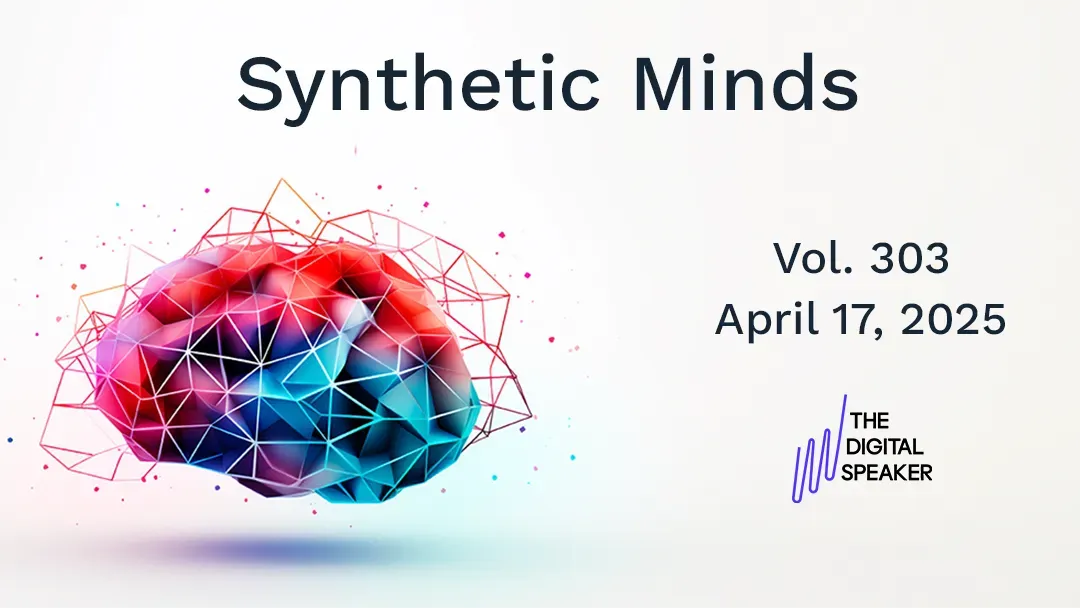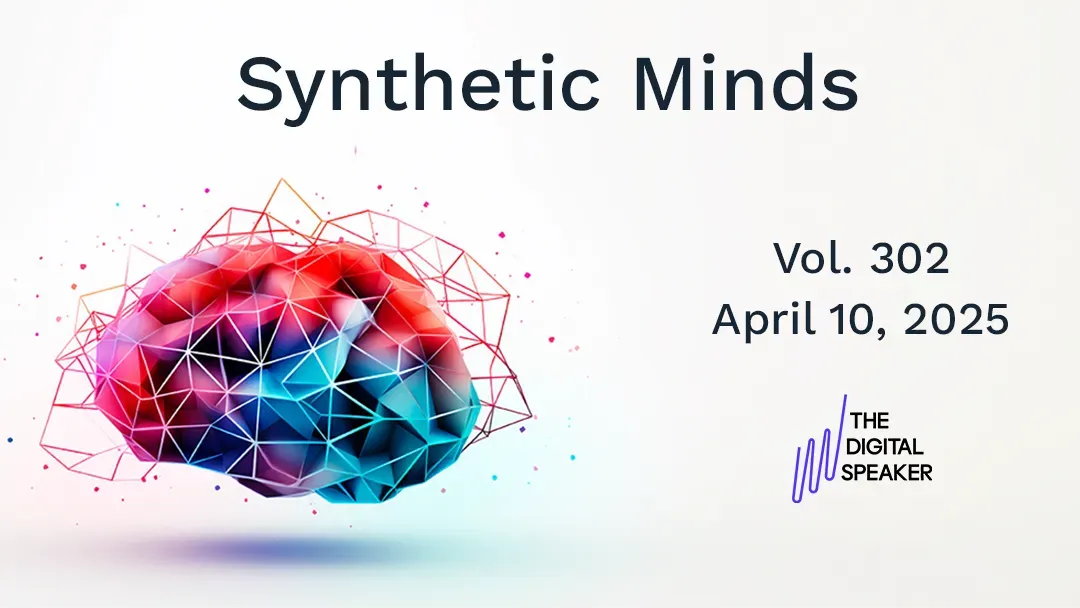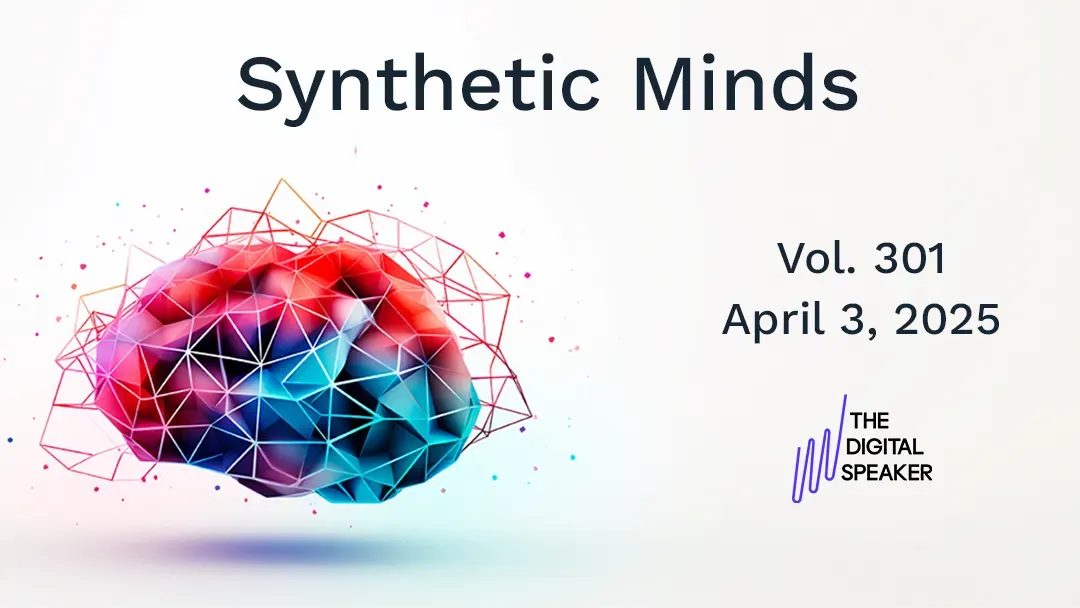How tokenization will change the economy

Good Day! This is my weekly newsletter, with a dose of insights into the future. The topic of this newsletter is the exponential times we live in, hence the title of f(x) = e^x, which is the (natural) exponential function.
Recently, I launched my new concept The Digital Speaker and you can now book me as an avatar or hologram. Also, my tech trend prediction for 2021 is out, read it here!
Token Financing: How Tokenization Will Change the Economy

My latest article:
Tokens are changing the economy. Although it is still early days, we already can see the impact it will have on our society. Decentralised finance will open up the financial system to anyone around the world and the tokenisation of assets will bring liquidity to markets, as long as the infrastructure to exchange those assets is there. For decentralisation to have any chance of success, we need interoperability between various blockchain networks and decentralised applications should offer a seamless experience, where the UI/UX is separated from the token layer. At least, if we wish to convince consumers to use them.
To enable token financing, the community and regulators need to work together to develop clear standards and regulatory frameworks. A robust regulatory framework will reduce regulatory risks, it will enable innovation by providing startups with clarity around the rules of tokenised ecosystems, and it will allow incumbents to open up for those startups. Standardised taxonomy and terminology and education of stakeholders is vital in achieving this. If done right, token financing offers companies a variety of benefits, including the democratisation of value creation.
Three Useful Nuggets of Information
My weekly tips from around the web to get you thinking.
1. The quantum computing race is on!
Honeywell claims it has "the world's most powerful quantum computer." The validity of this rests on quantum volume being an accepted measure and on timing. Of course, Google and IBM are quick to say they have not. (VentureBeat)
2. Is AI really so smart?
Deep-learning models can spot patterns that humans can't. But software still can't explain, say, what caused one object to collide with another. (Wired)
3. The Chinese are predicting earthquakes with AI.
China is developing an earthquake prediction system that uses AI to measure seismic activity in one of the world's most quake-prone countries. (TNW)




